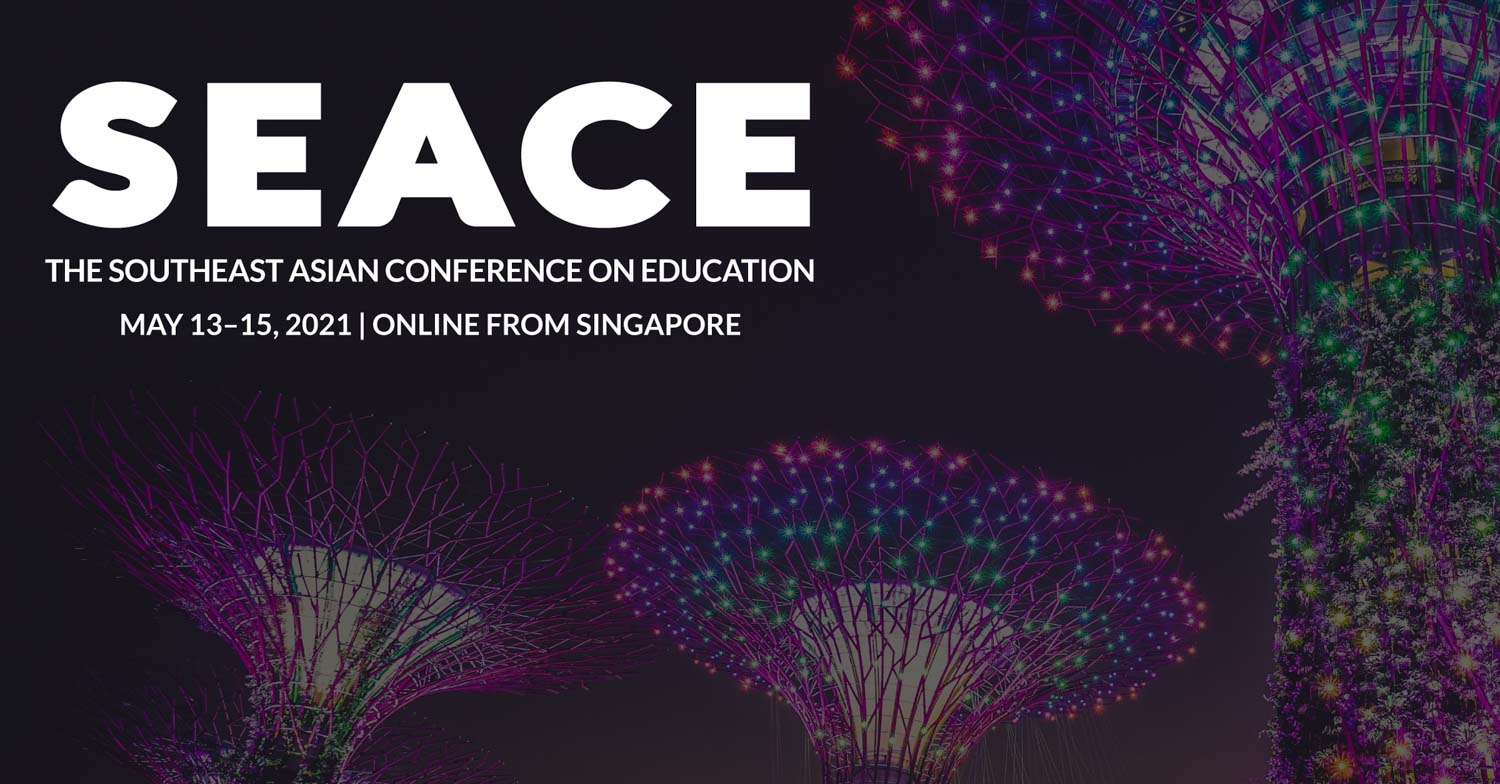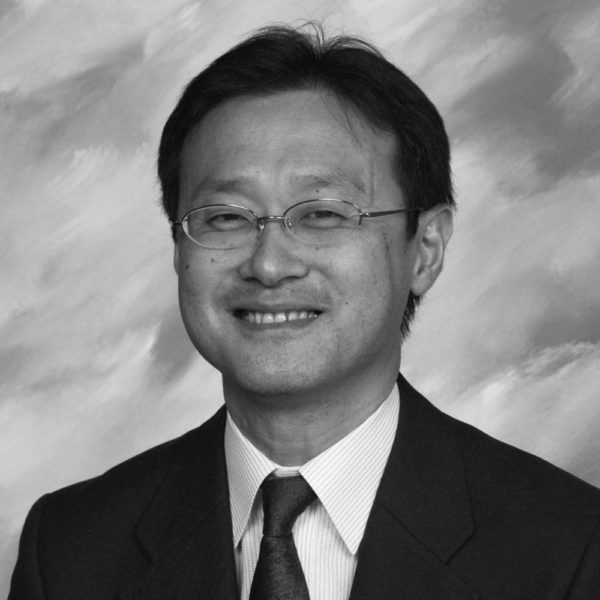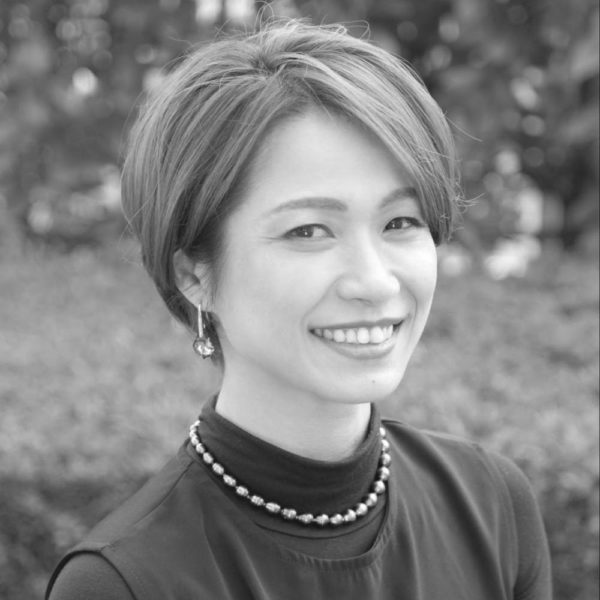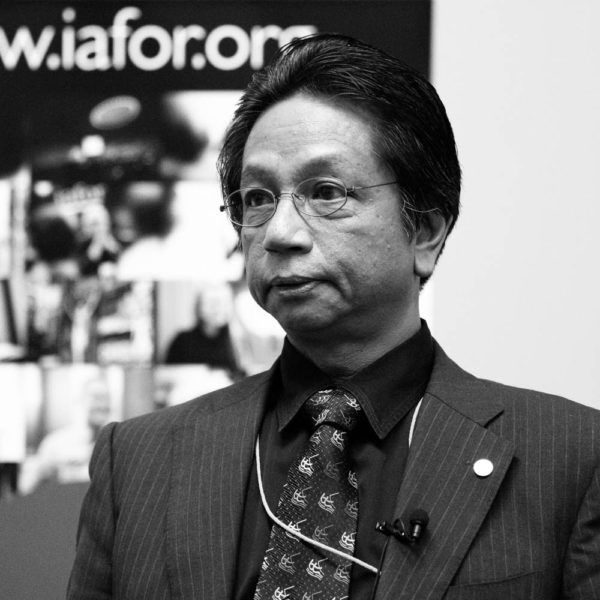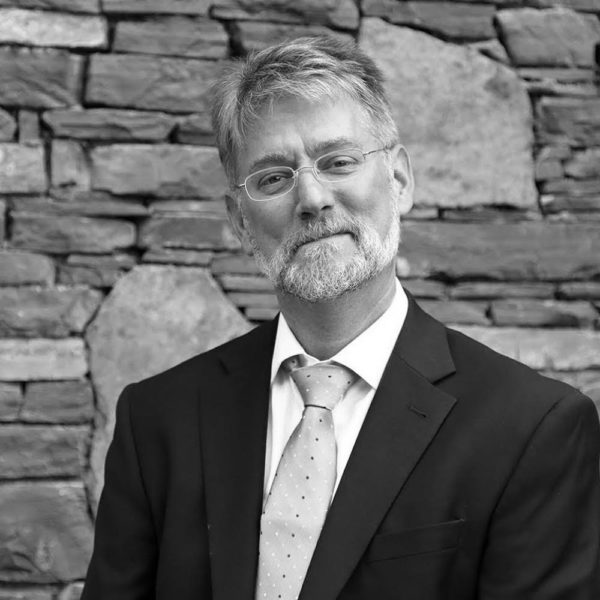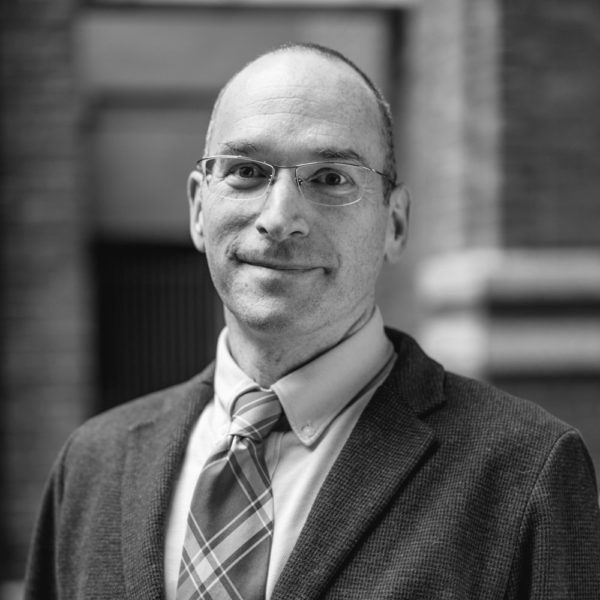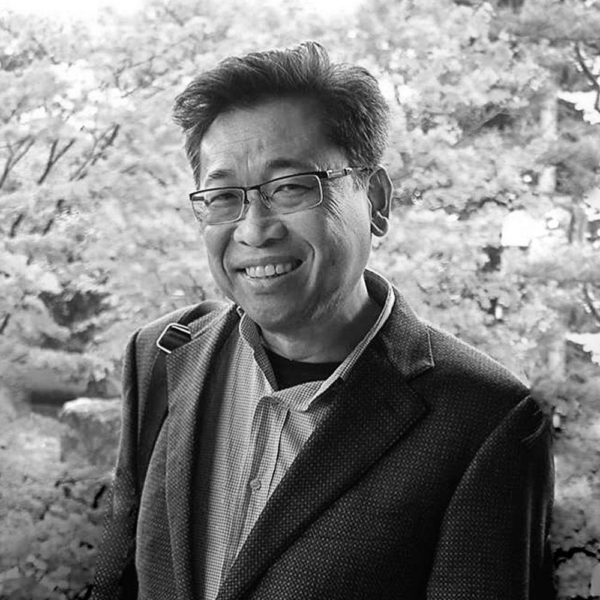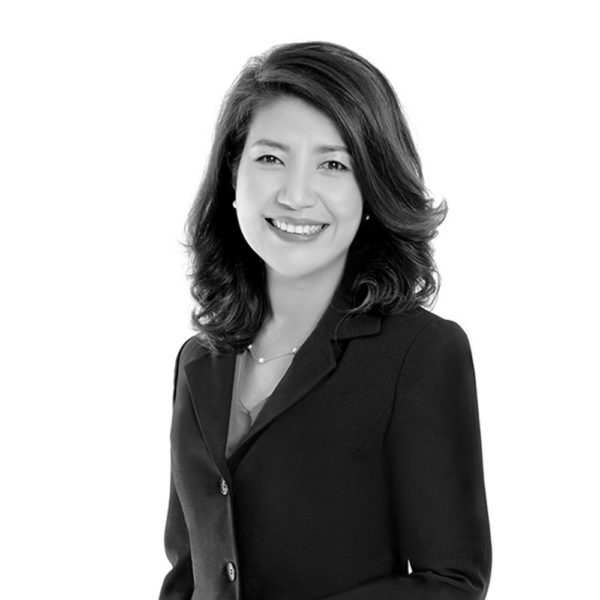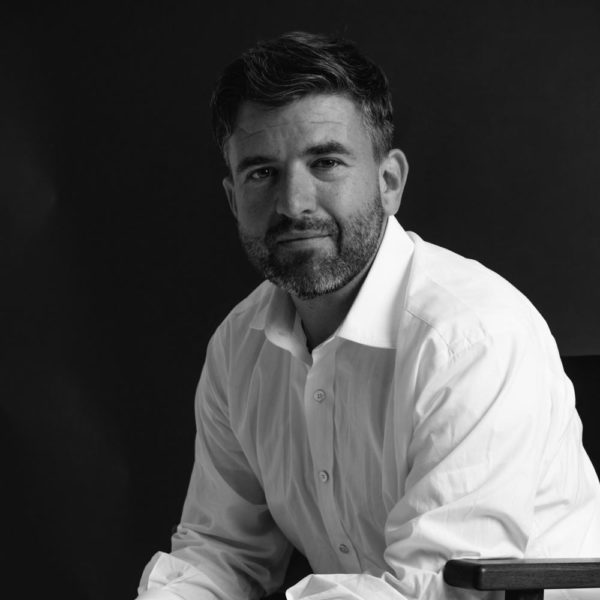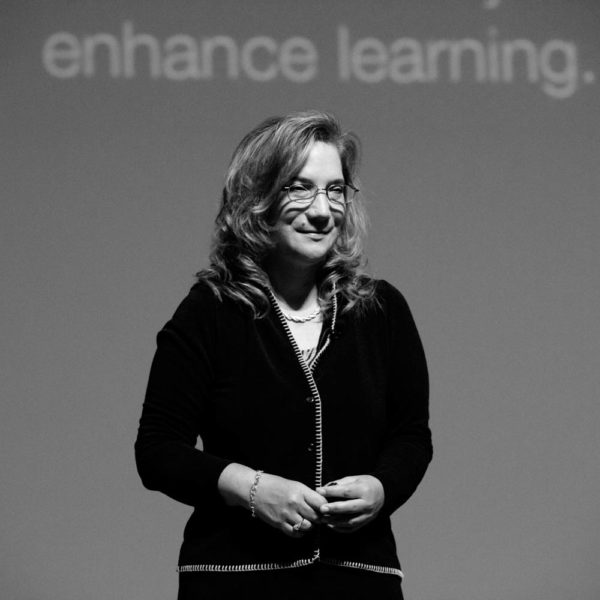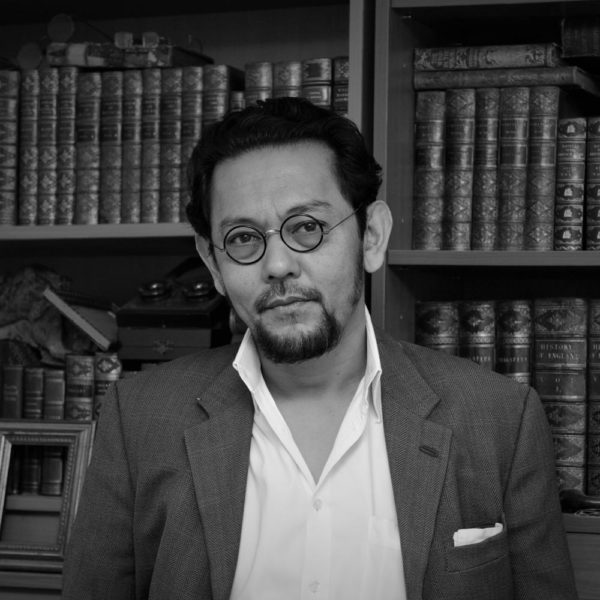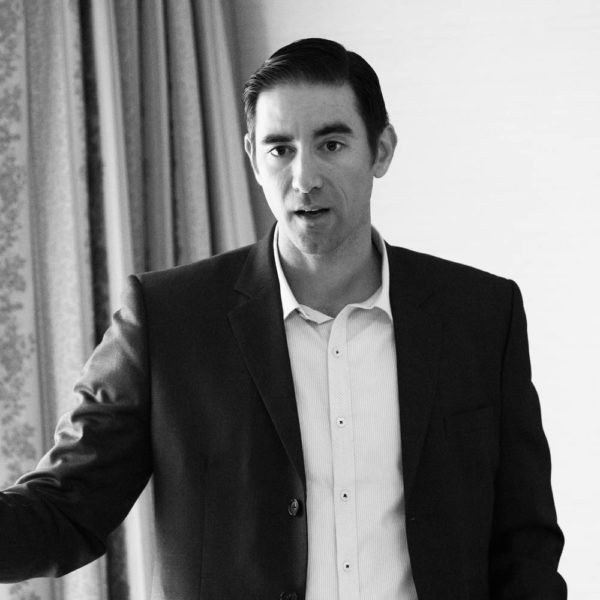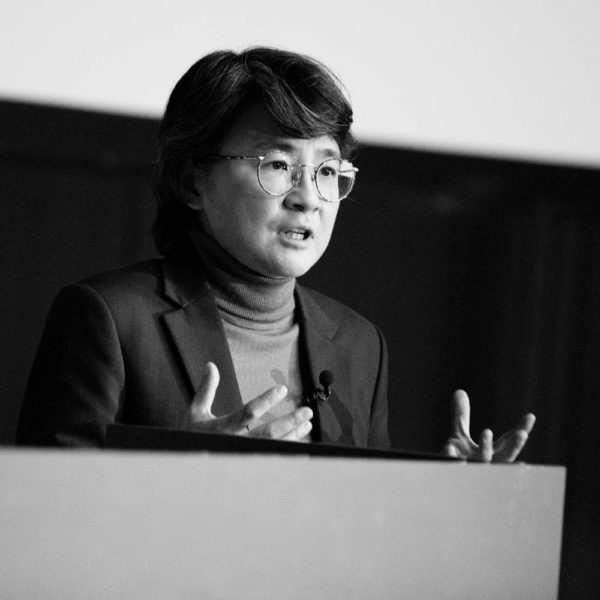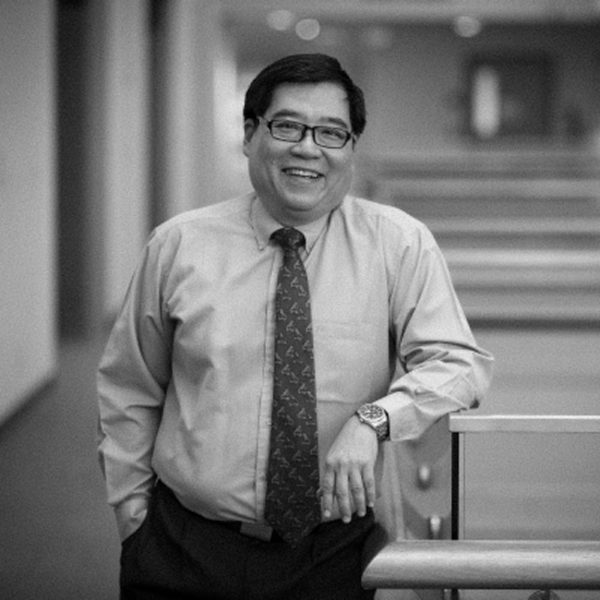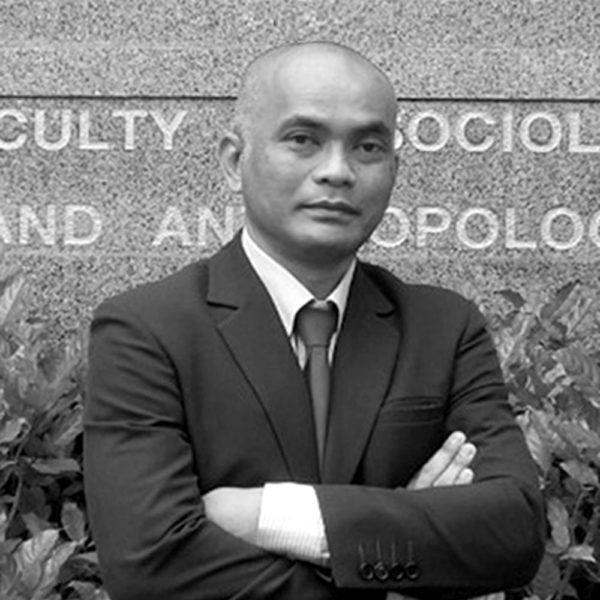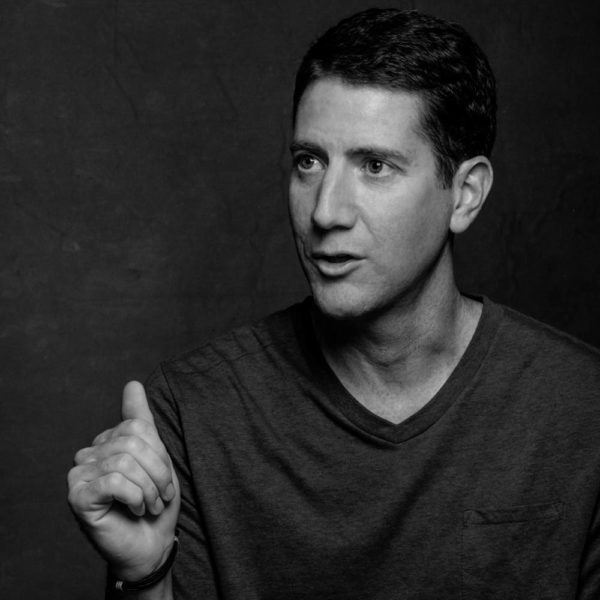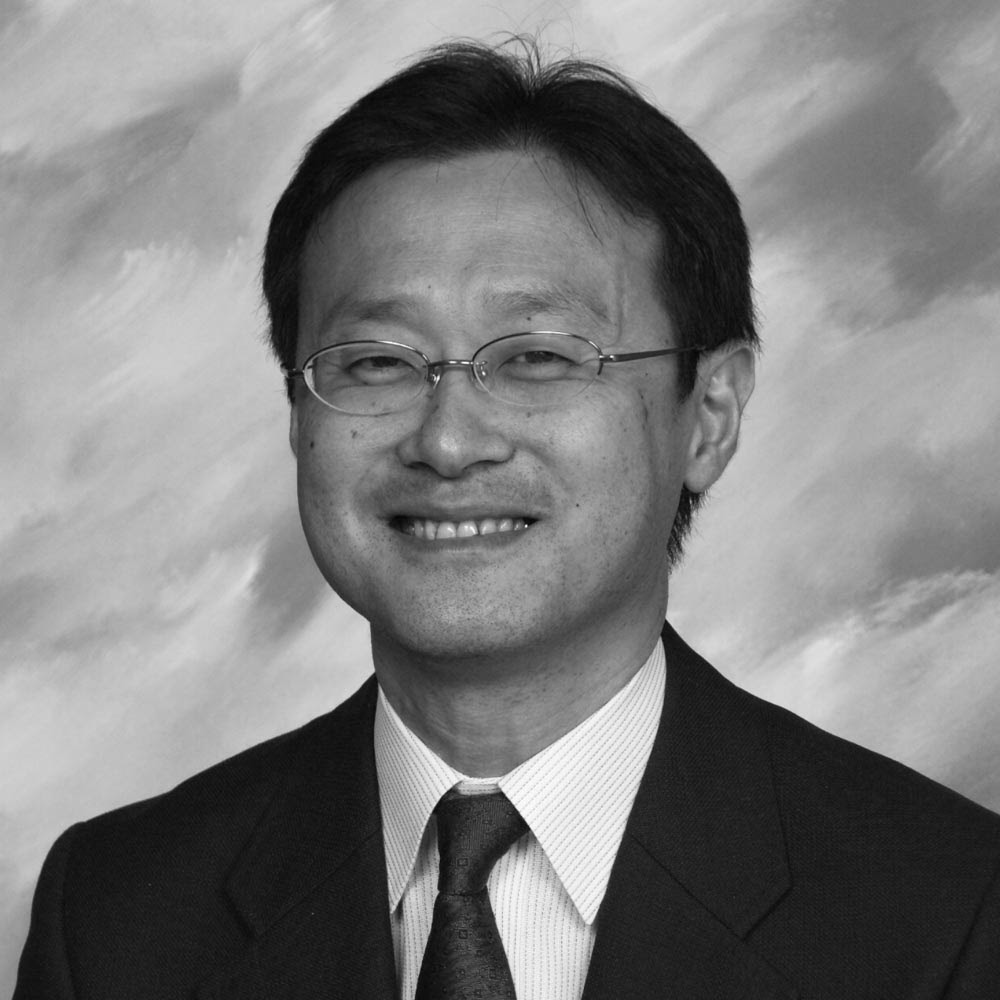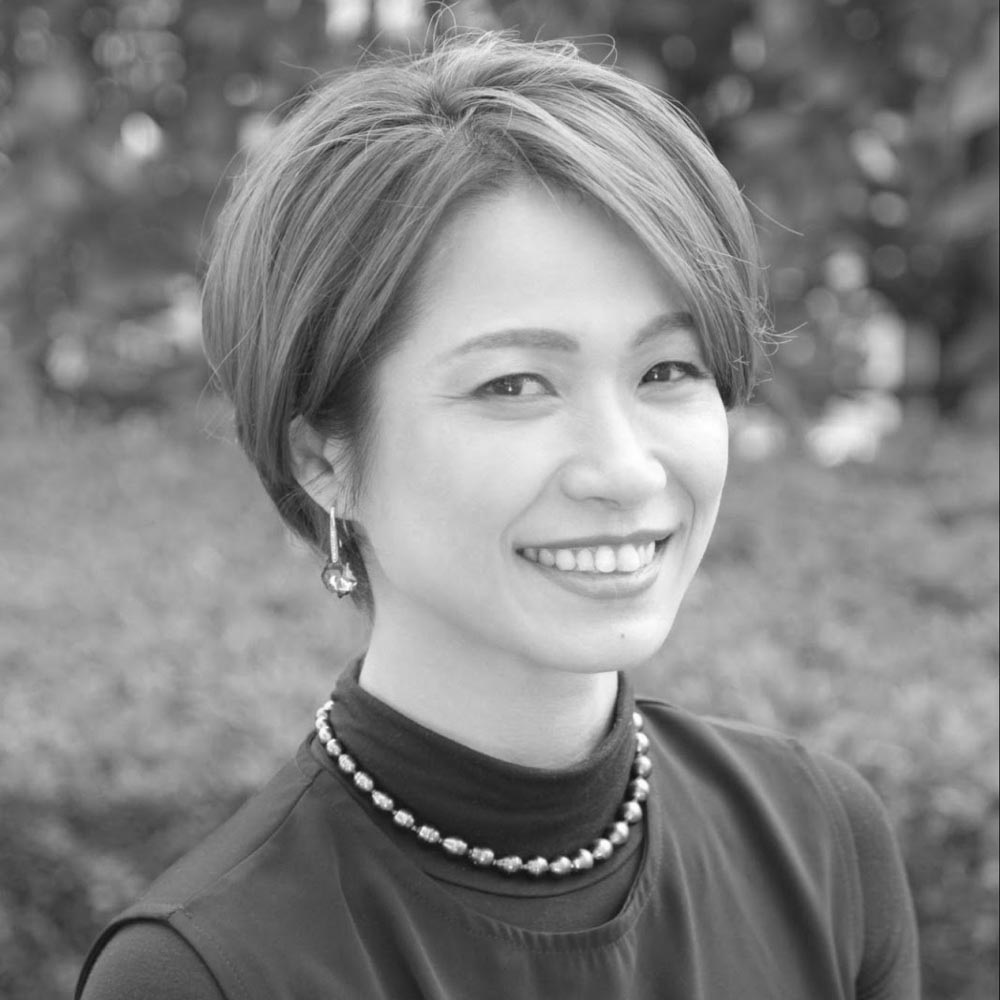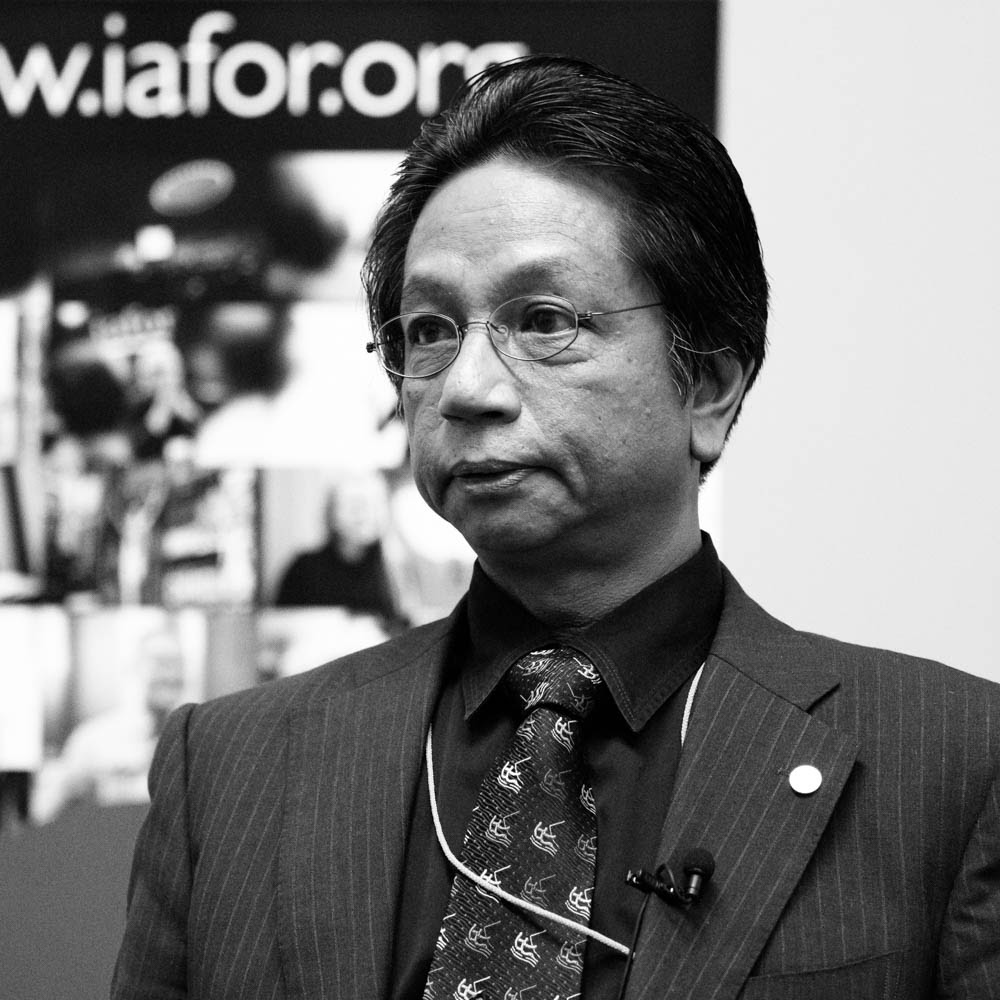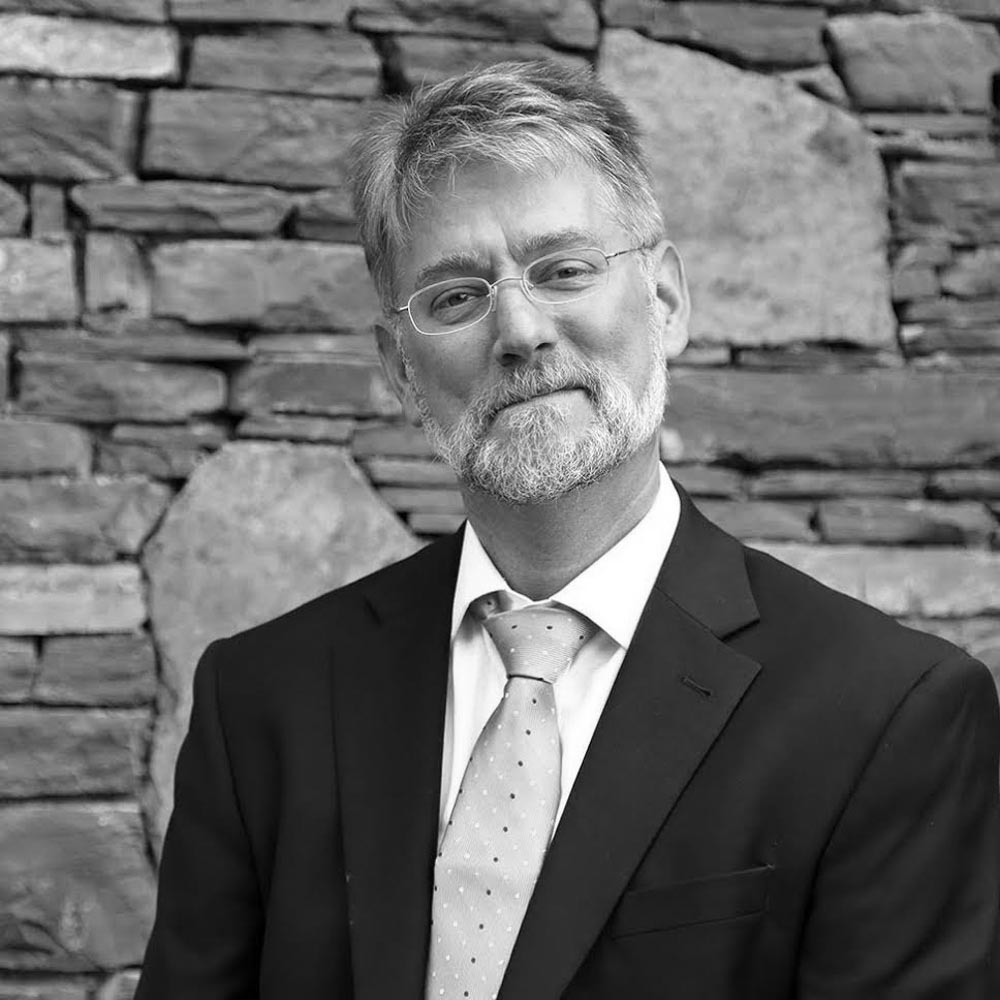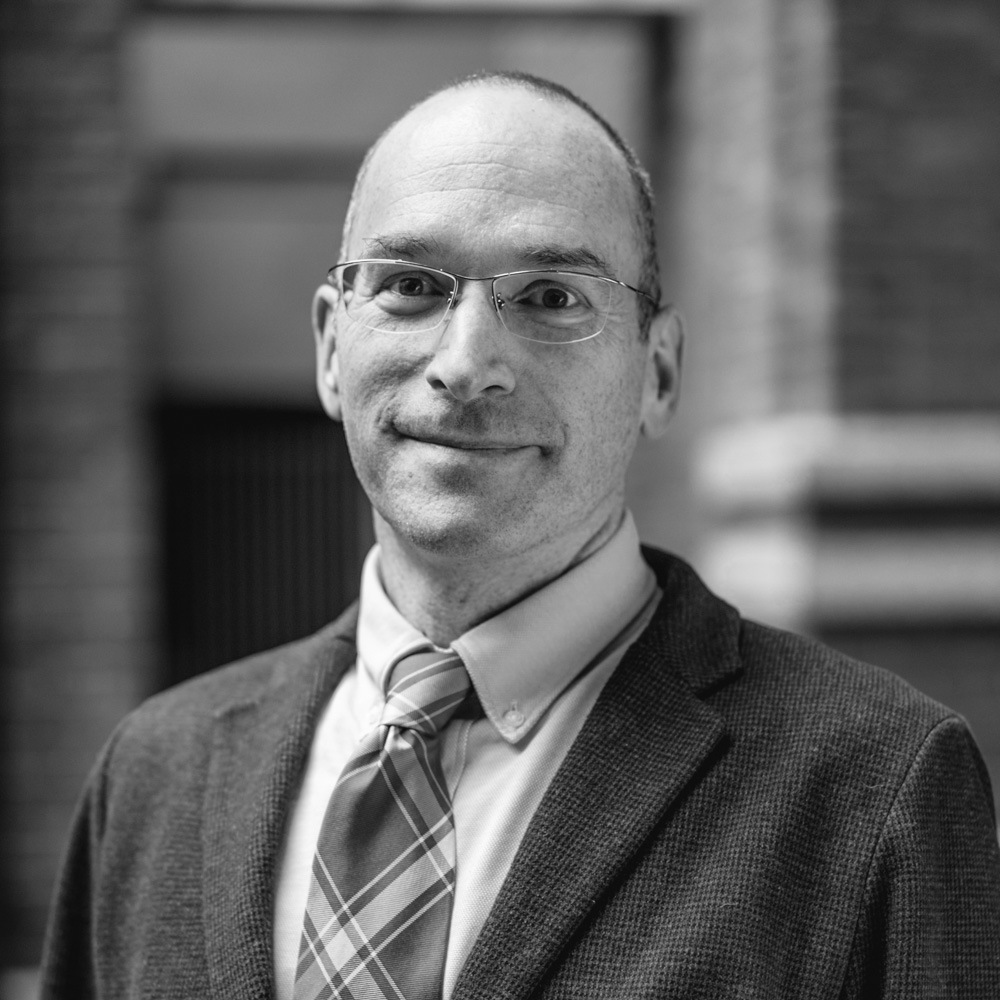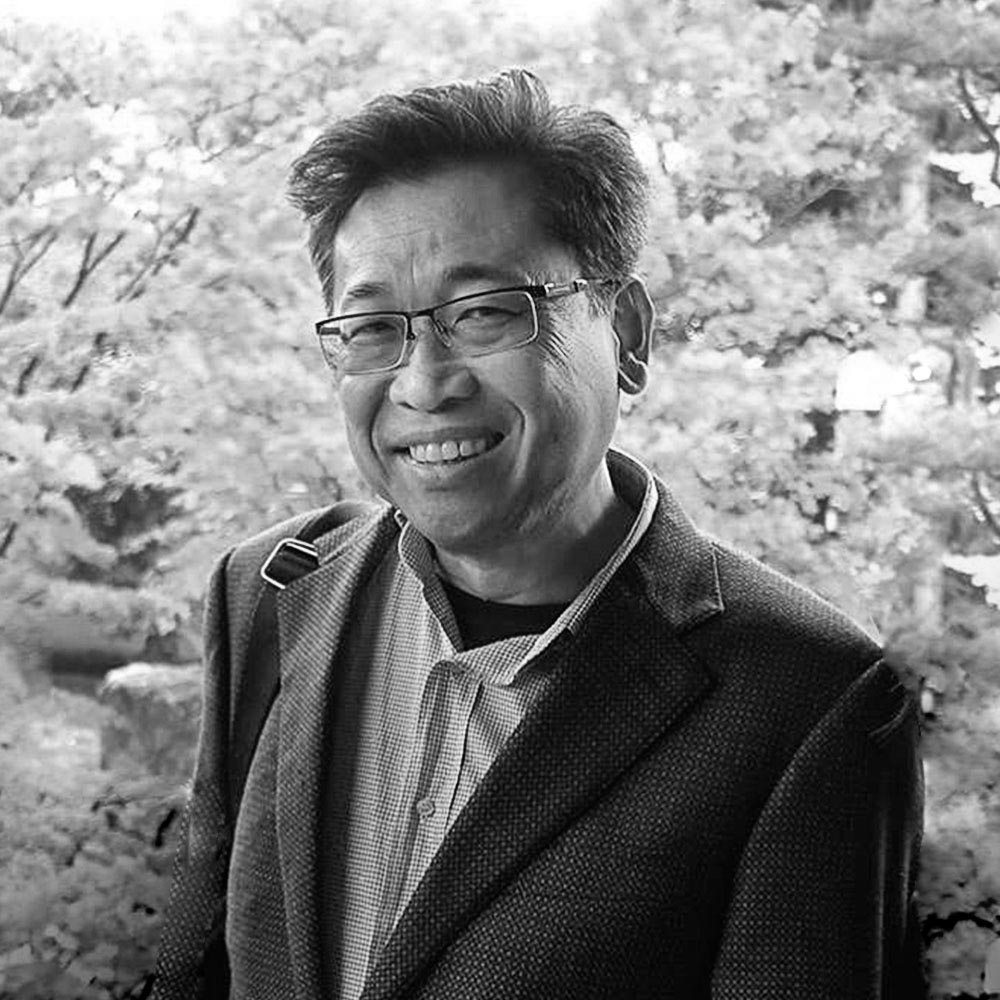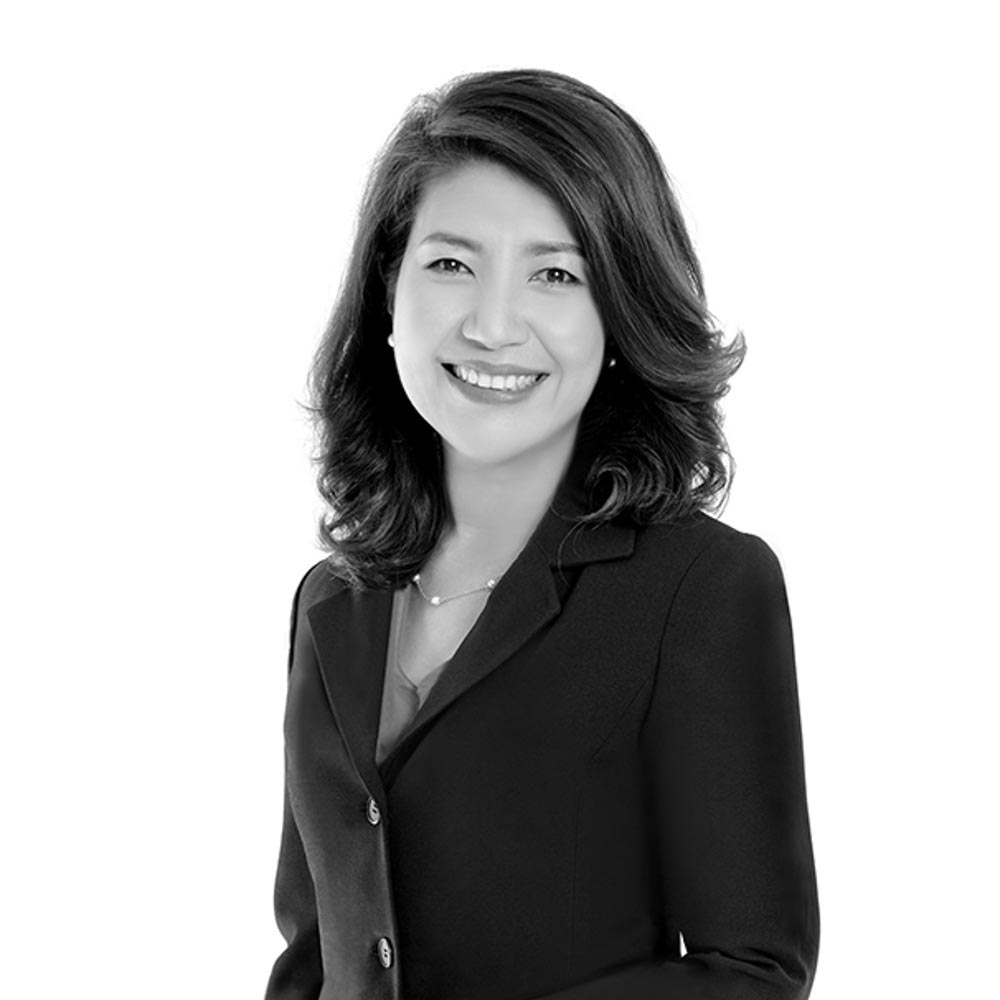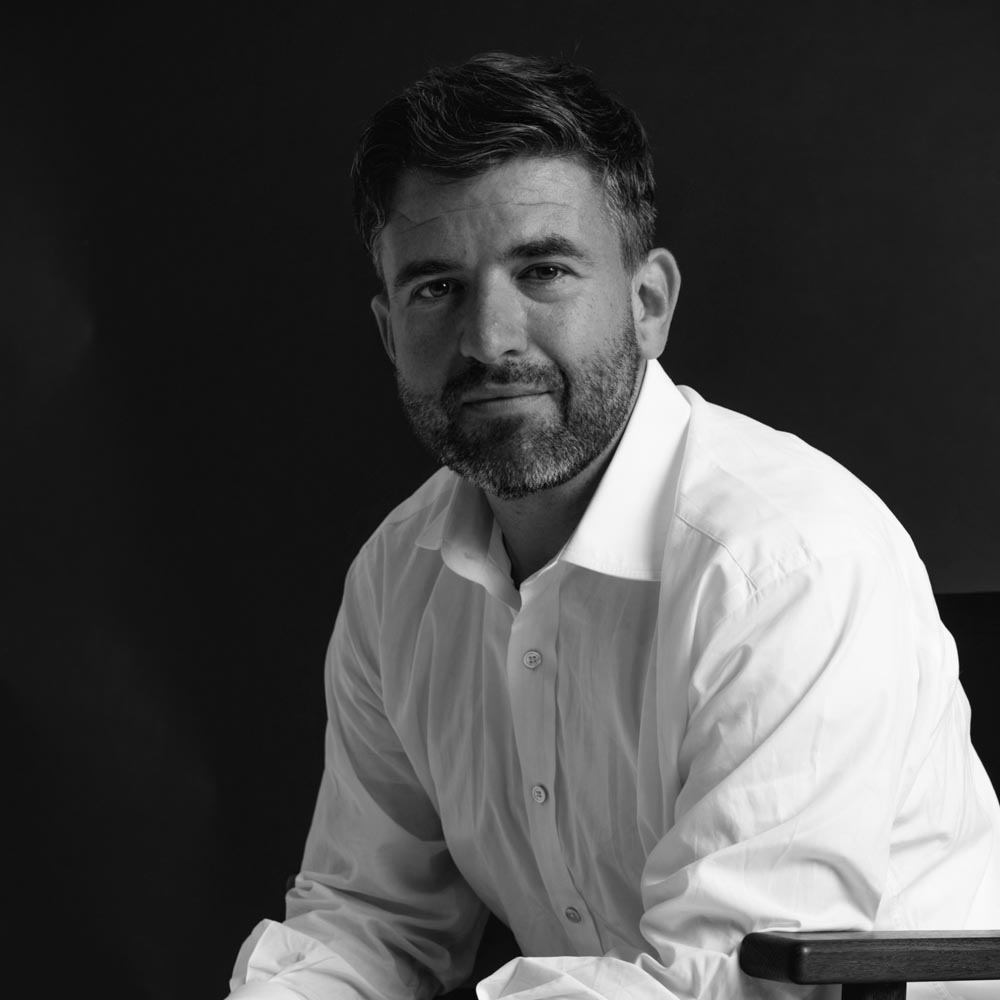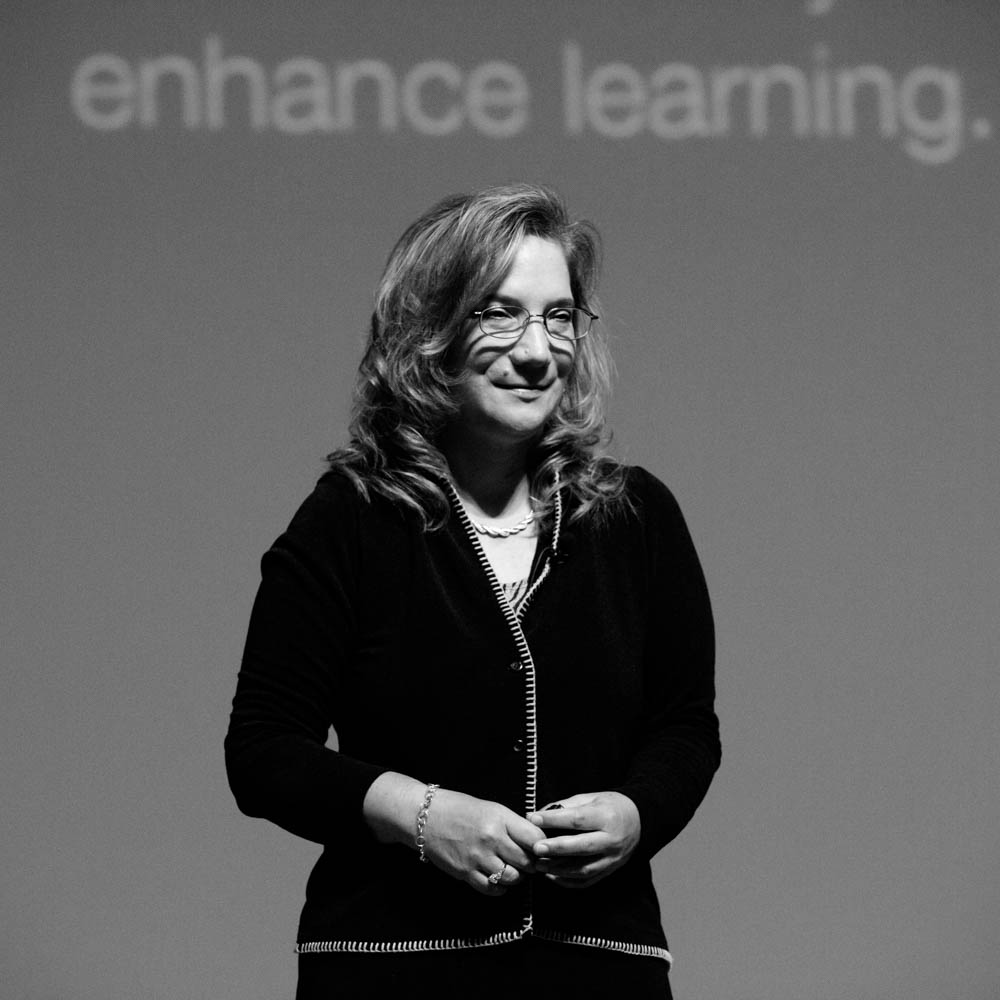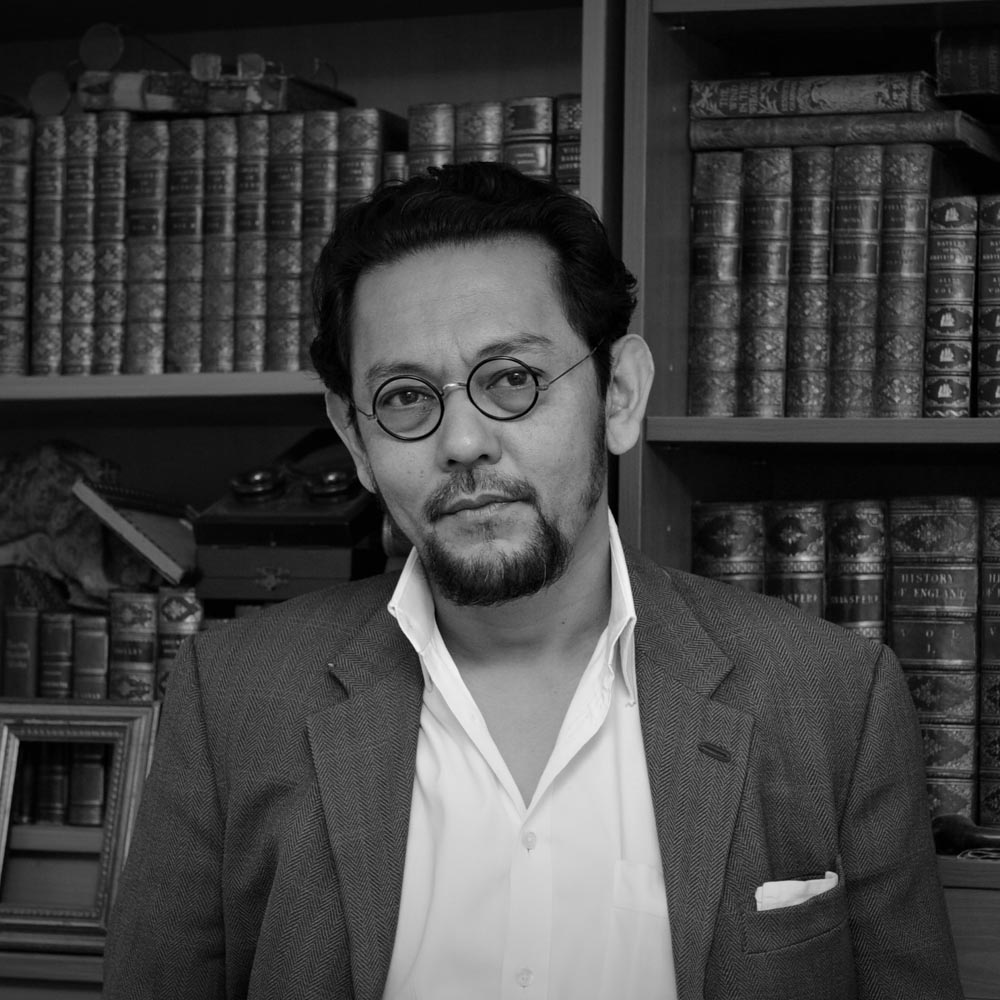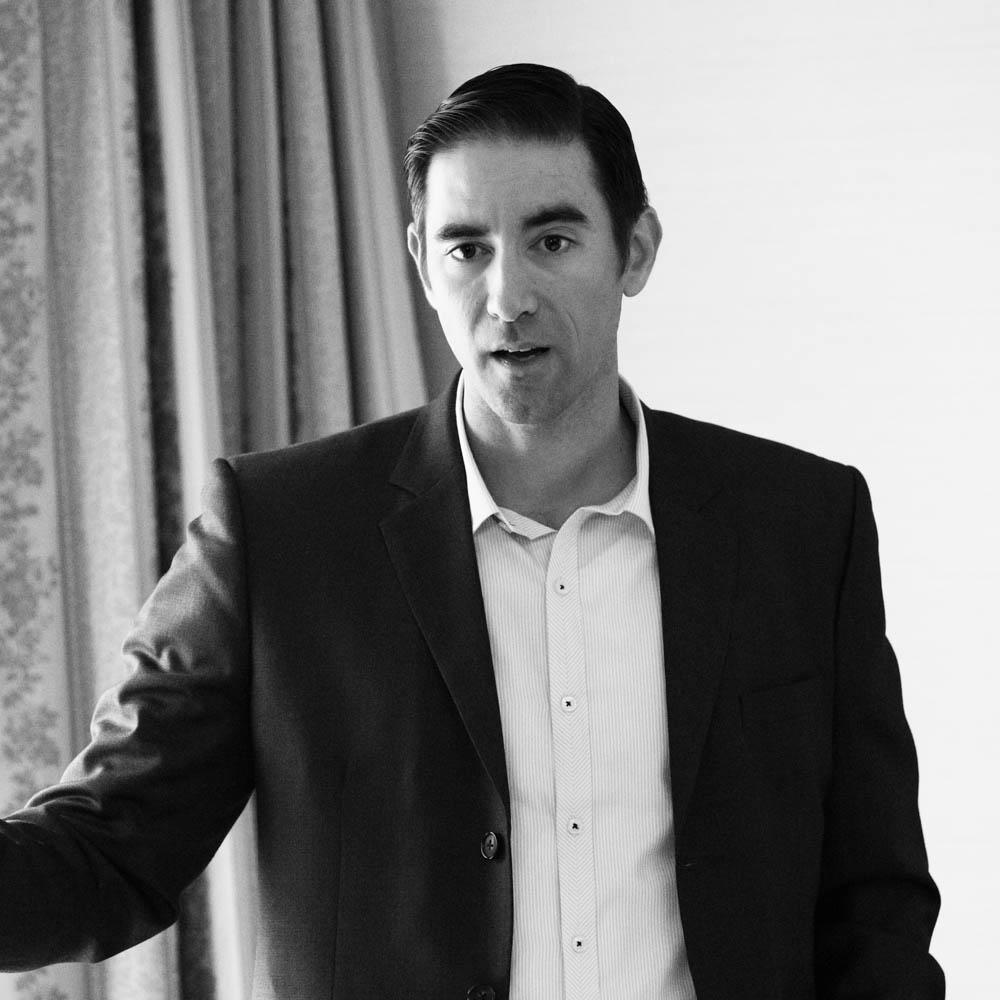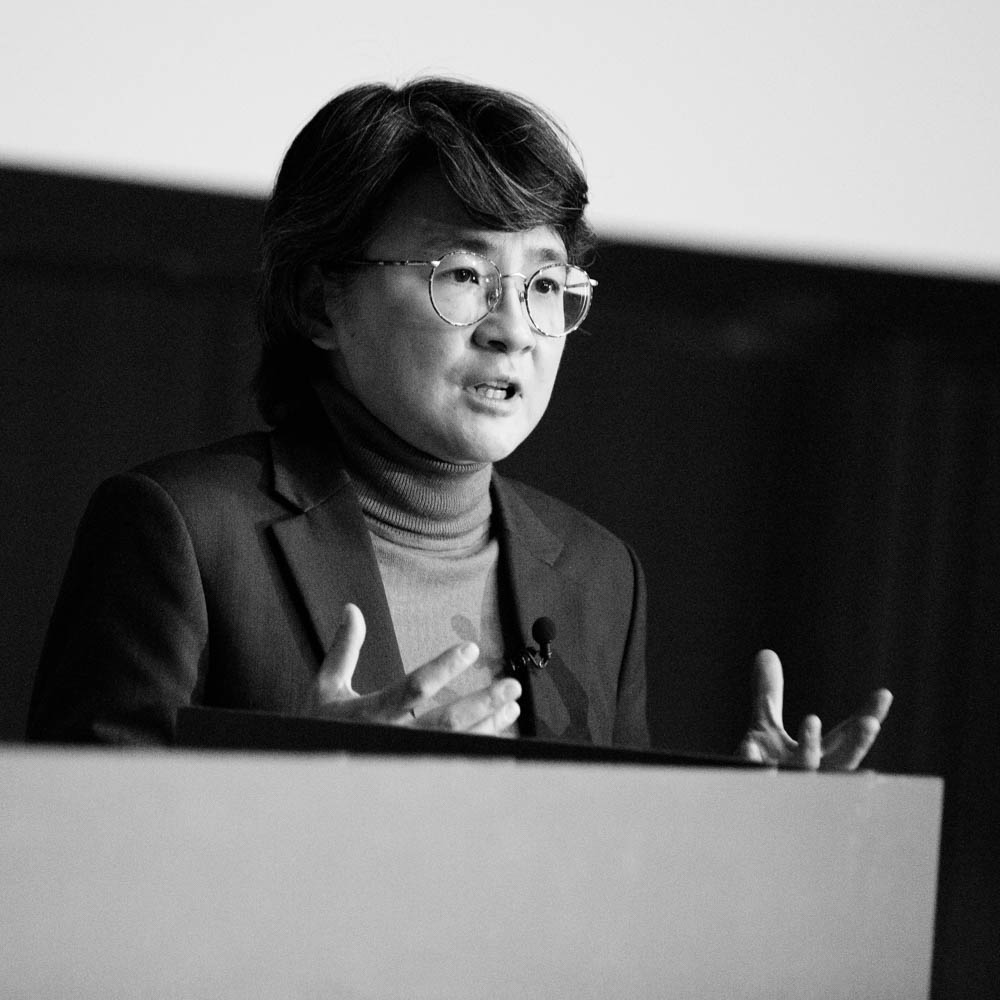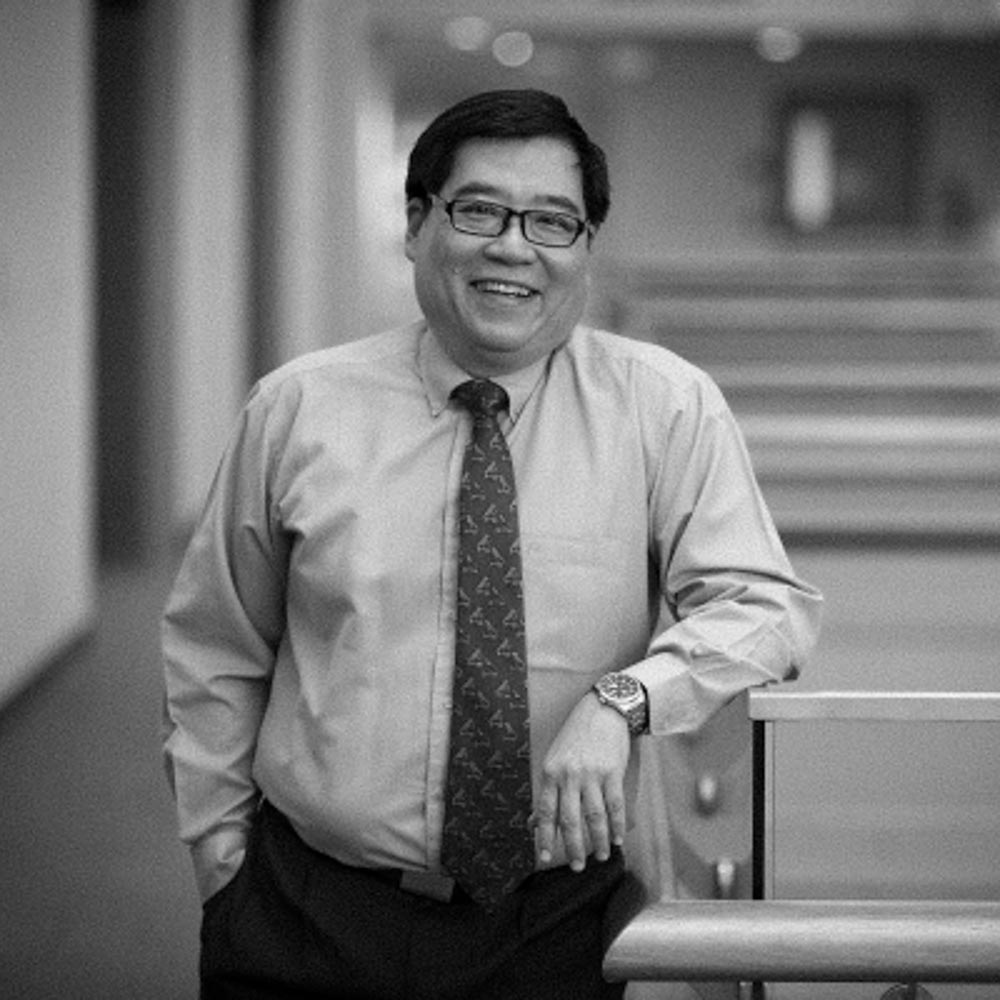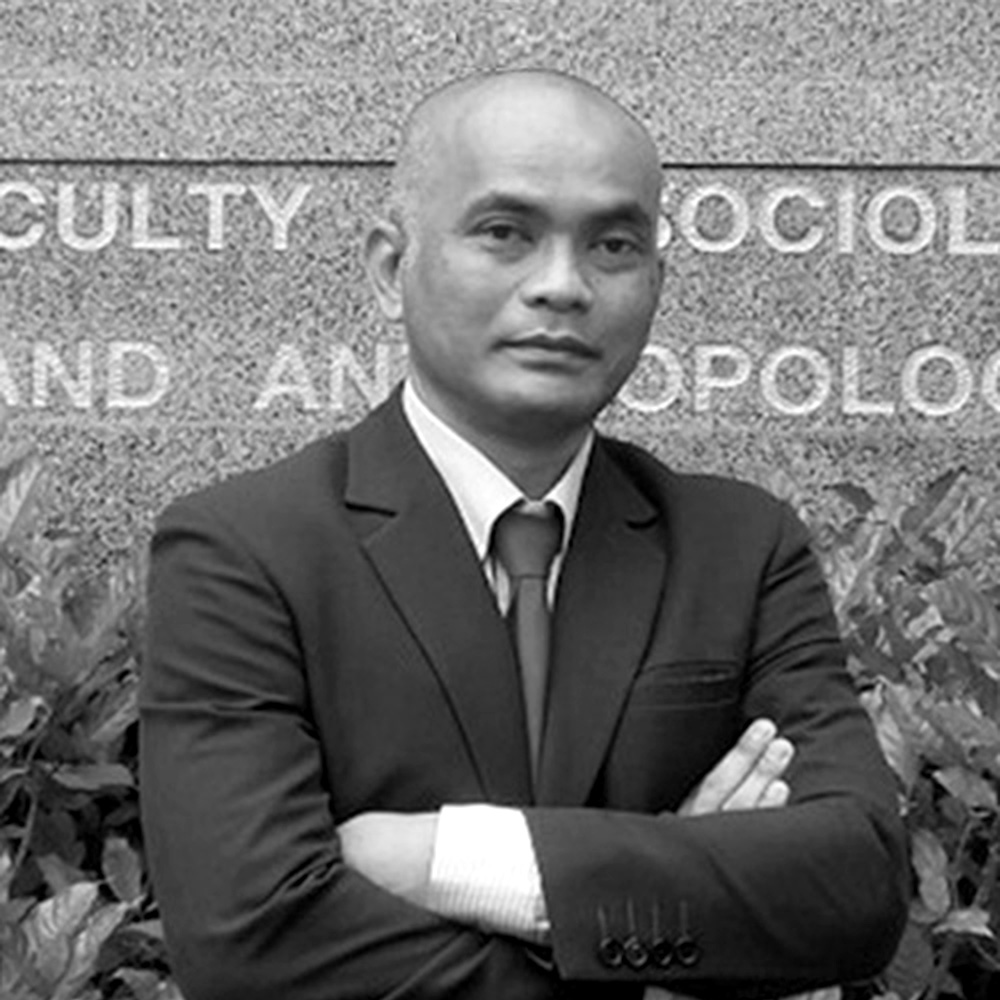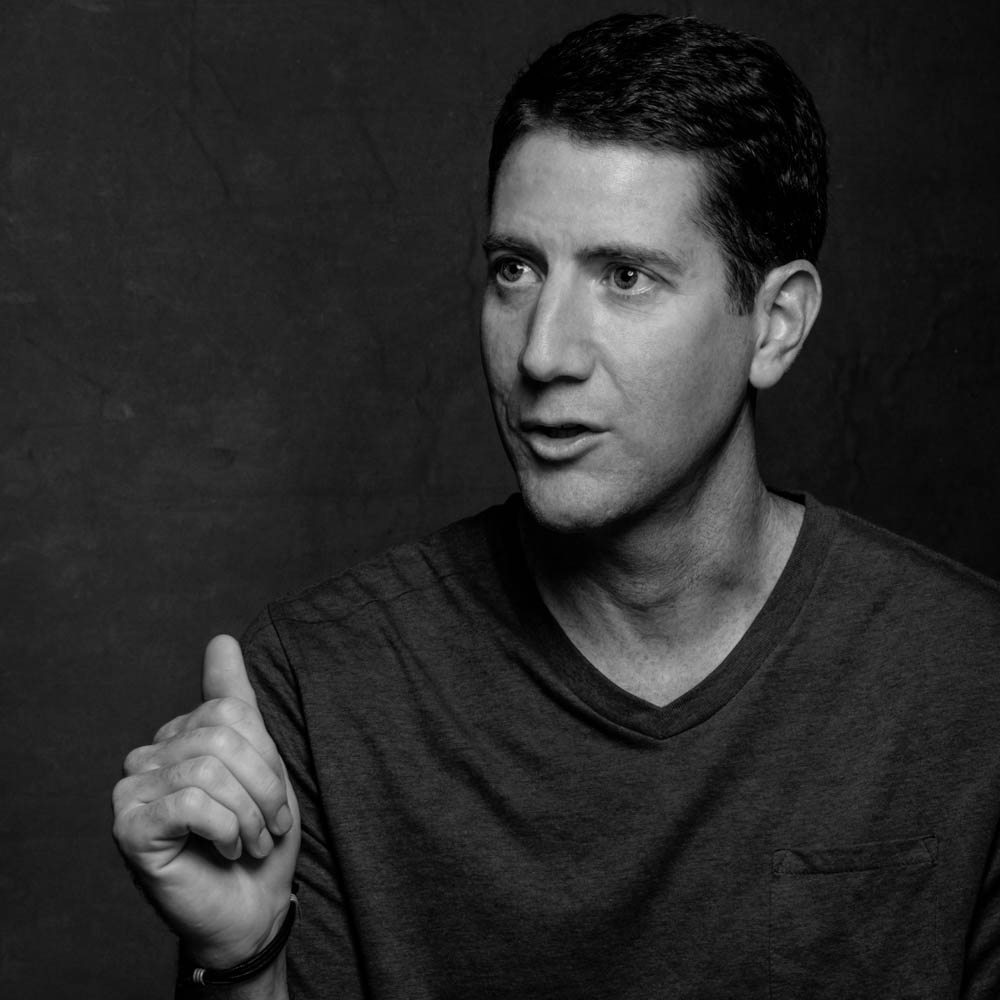Biography
Joseph Haldane is the Founder, Chairman and CEO of IAFOR. He is responsible for devising strategy, setting policies, forging institutional partnerships, implementing projects, and overseeing the organisation’s business and academic operations, including research, publications and events.
Dr Haldane holds a PhD from the University of London in 19th-century French Studies, and has had full-time faculty positions at the University of Paris XII Paris-Est Créteil (France), Sciences Po Paris (France), and Nagoya University of Commerce and Business (Japan), as well as visiting positions at the French Press Institute in the University of Paris II Panthéon-Assas (France), The School of Journalism at Sciences Po Paris (France), and the School of Journalism at Moscow State University (Russia).
Dr Haldane’s research and teaching is on history, politics, international affairs and international education, as well as governance and decision making. Since 2015 he has been a Guest Professor at The Osaka School of International Public Policy (OSIPP) at Osaka University, where he teaches on the postgraduate Global Governance Course, and is Co-Director of the OSIPP-IAFOR Research Centre, an interdisciplinary think tank situated within Osaka University.
A Member of the World Economic Forum’s Expert Network for Global Governance, Dr Haldane is also a Visiting Professor in the Faculty of Philology at the University of Belgrade (Serbia), a Visiting Professor at the School of Business at Doshisha University (Japan), where he teaches Ethics and Governance on the MBA programme, and a Member of the International Advisory Council of the Department of Educational Foundations at the University of Hawaiʻi at Mānoa’s College of Education (USA), collaborating on the development of the Global PhD programme.
Dr Haldane has given invited lectures and presentations to universities and conferences around the world, including at the United Nations Headquarters in New York, and advised universities, NGOs and governments on issues relating to international education policy, public-private partnerships, and multi-stakeholder forums. He was the project lead on the 2019 Kansai Resilience Forum, held by the Japanese Government through the Prime Minister’s Office and the Cabinet Office in collaboration with IAFOR.
From 2012 to 2014, Dr Haldane served as Treasurer of the American Chamber of Commerce in Japan (Chubu Region) and he is currently a Trustee of the HOPE International Development Agency (Japan). He was elected a Fellow of the Royal Asiatic Society in 2012, and a Fellow of the Royal Society of Arts in 2015.

